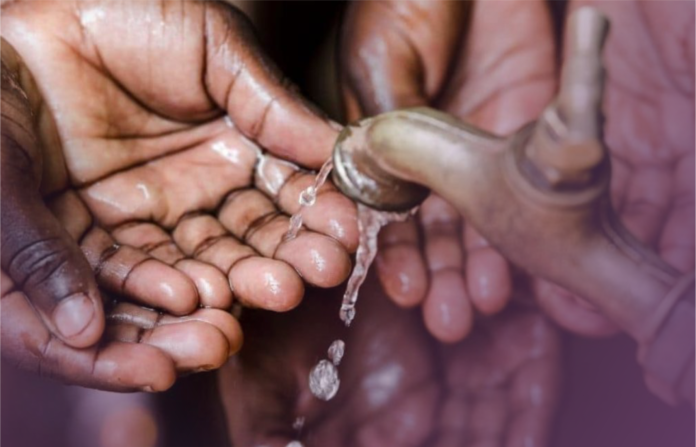The latest UN research shows how the global water crisis is worsening conflicts and eroding fundamental rights, especially for children and women. With 2.2 billion people without clean drinking water, the situation is dire, especially in rural areas where women must walk far to get water and drop out of school due to unsafe sanitation.
The UNESCO report “Water for Prosperity and Peace” highlights water as one of the most fragile concerns, as water scarcity can generate geopolitical instability, medical care and hygiene disruptions, and migration. Lack of water security strains resources and increases gender-based violence, like in Somalia, where displacement increased incidents by 200 percent.
Climate change is expected to worsen droughts and floods, contributing to the catastrophe. Global partnership and water infrastructure investment are necessary since 140 low- to middle-income nations will spend $114 billion annually on water scarcity allocation.
UN Secretary-General Antonio Guterres has called for transboundary water agreements for shared water sources, but only 24 of the 153 nations have them. A global initiative to share water resources responsibly through collaborative water management is centred on the 1992 UN Water Convention, which was enlarged in 2016. World Water Day highlights the worldwide water crisis, which can only be solved through collaborative effort, investment, and sustainable water management methods that promote peace, prosperity, and human rights.



